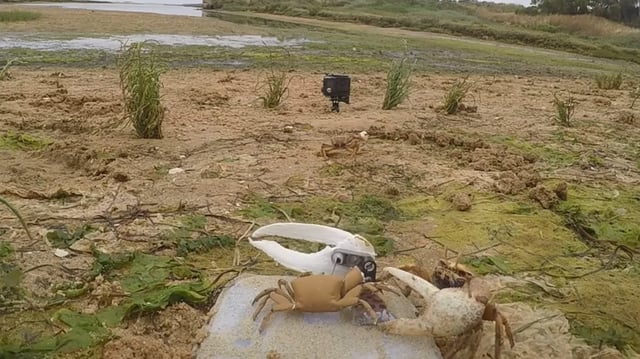Overview
- Researchers from the University of Exeter’s Centre for Research in Animal Behaviour deployed the Bluetooth-controlled 3D-printed robot Wavy Dave with interchangeable small and large claws.
- In field trials, male fiddler crabs increased their wave duration and avoided burrow retreats when Wavy Dave signaled with a smaller claw.
- Real males were more likely to yield to the robot when it displayed a larger claw, indicating strategic threat assessment in sexual competition.
- Occasional attacks by real crabs severed the robot’s claw, forcing trial restarts and prompting refinements to the experimental design.
- The study, published on August 6 in Proceedings of the Royal Society B Biological Sciences, confirms that male fiddler crabs flexibly adjust mating displays in response to rival signals.


